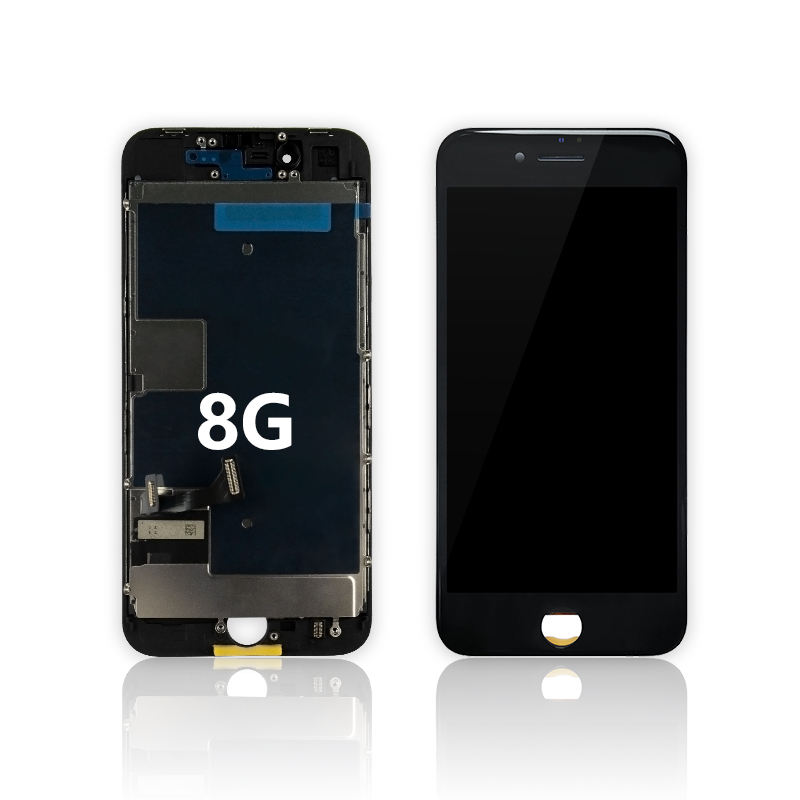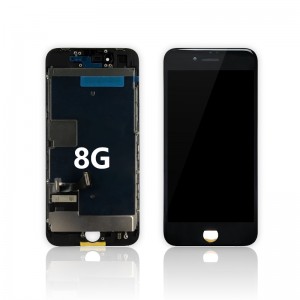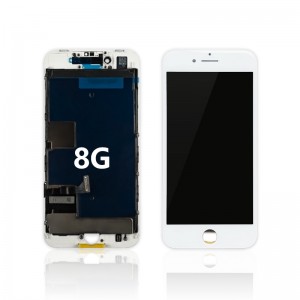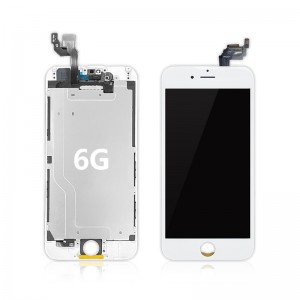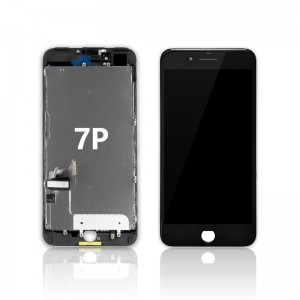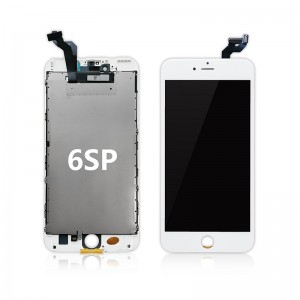Best China IPhone8 Phone LCD Touch Screen Phone Screen Replacement Manufacturers
Detailed Picture
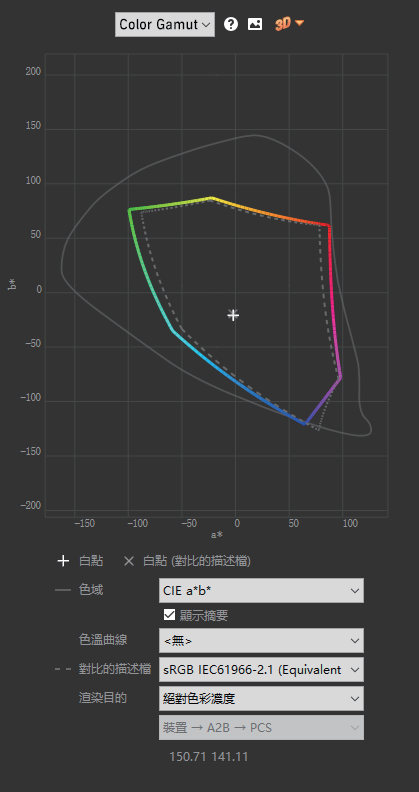
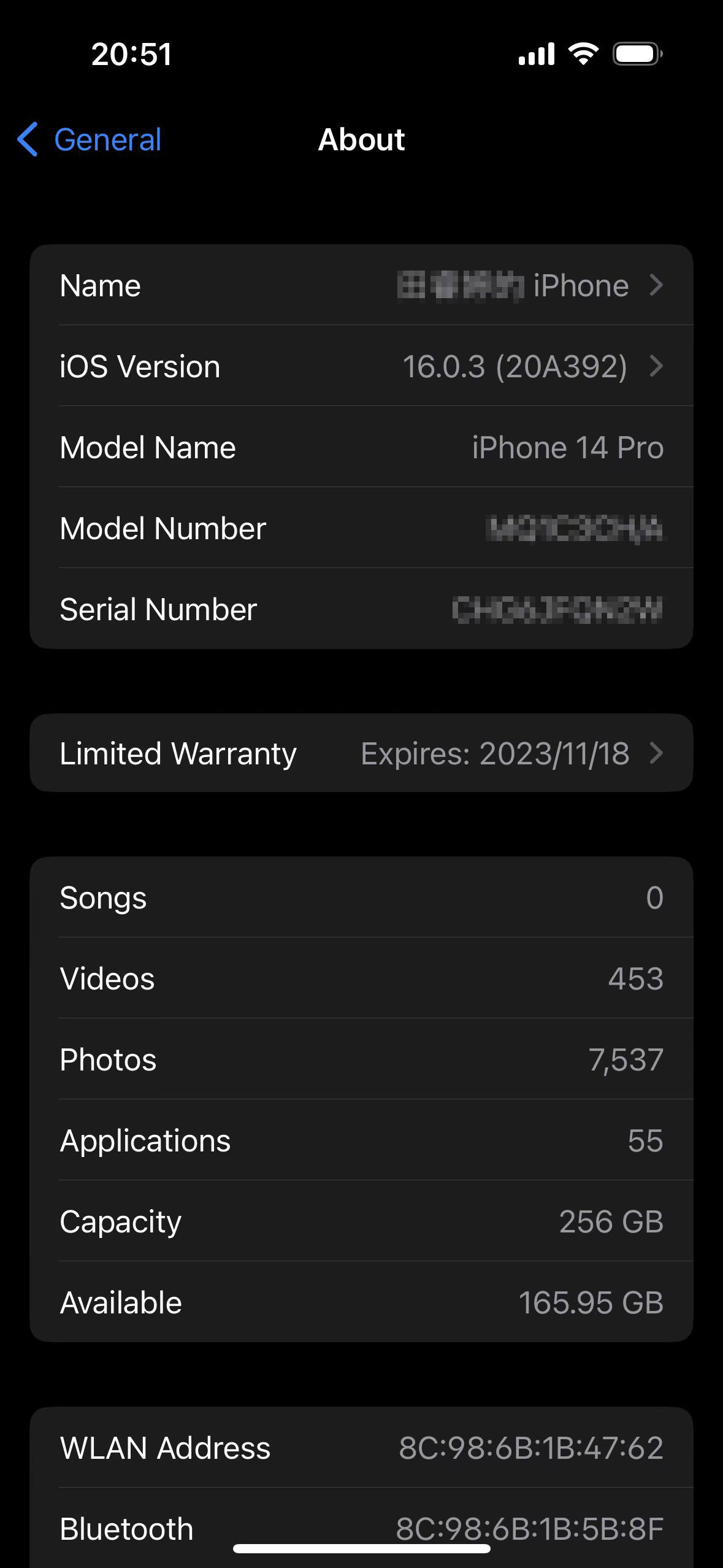
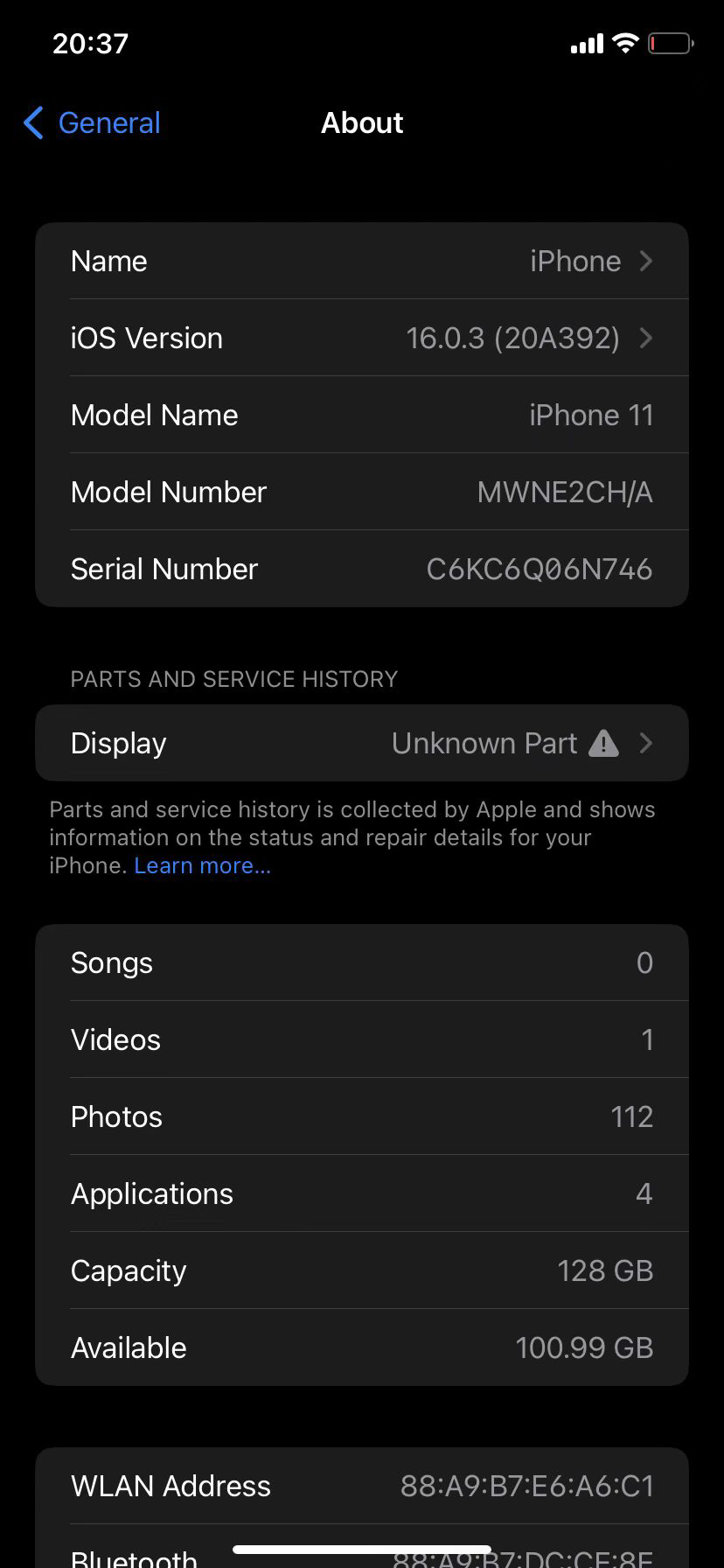
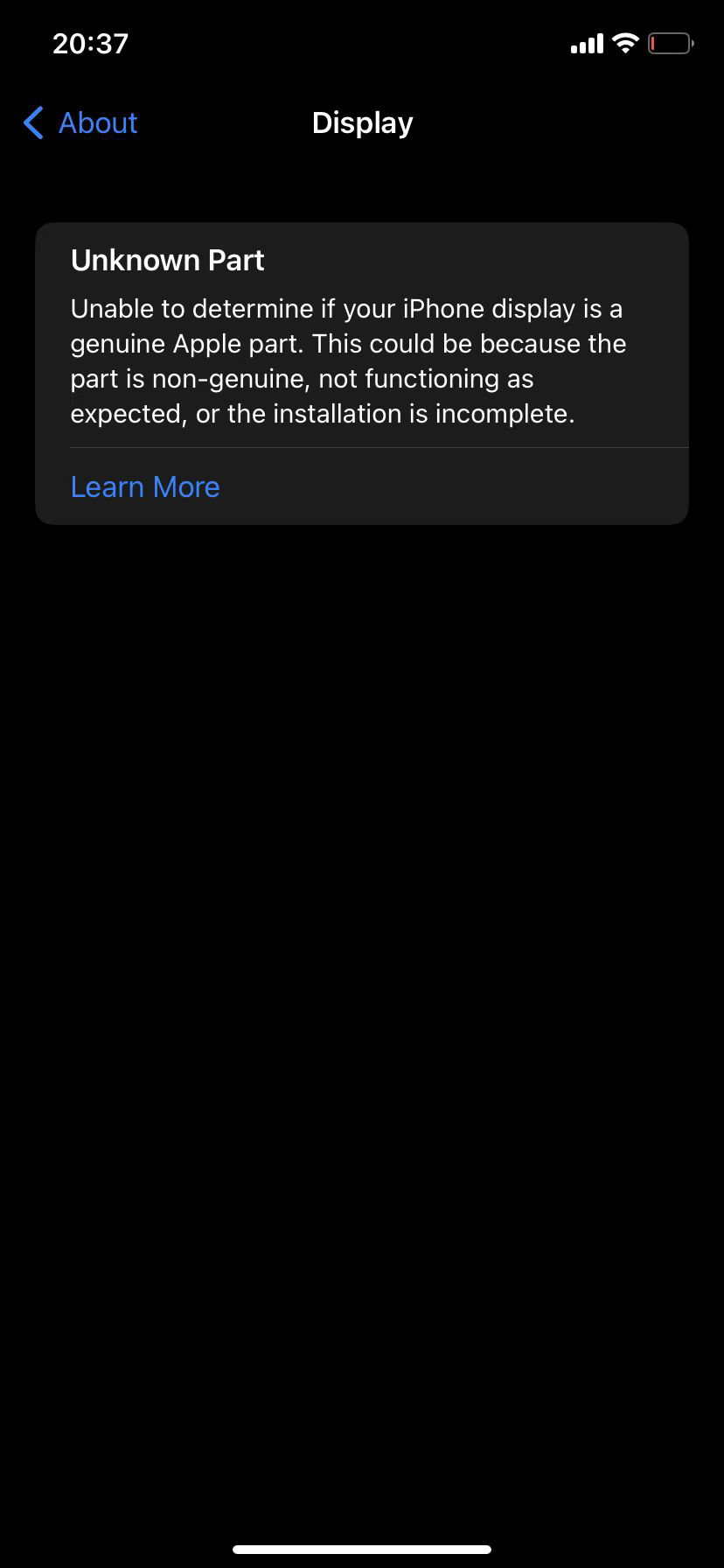
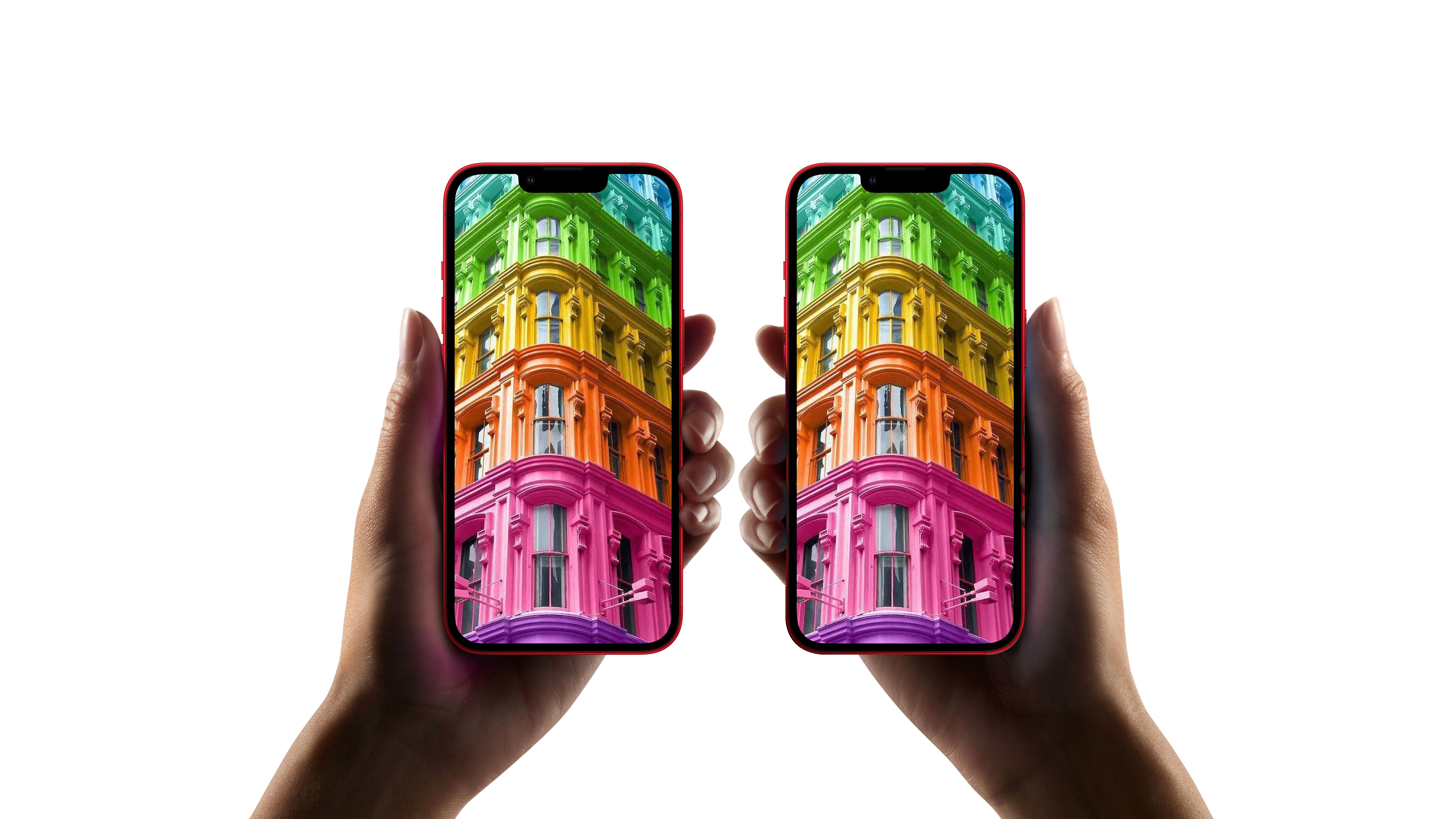
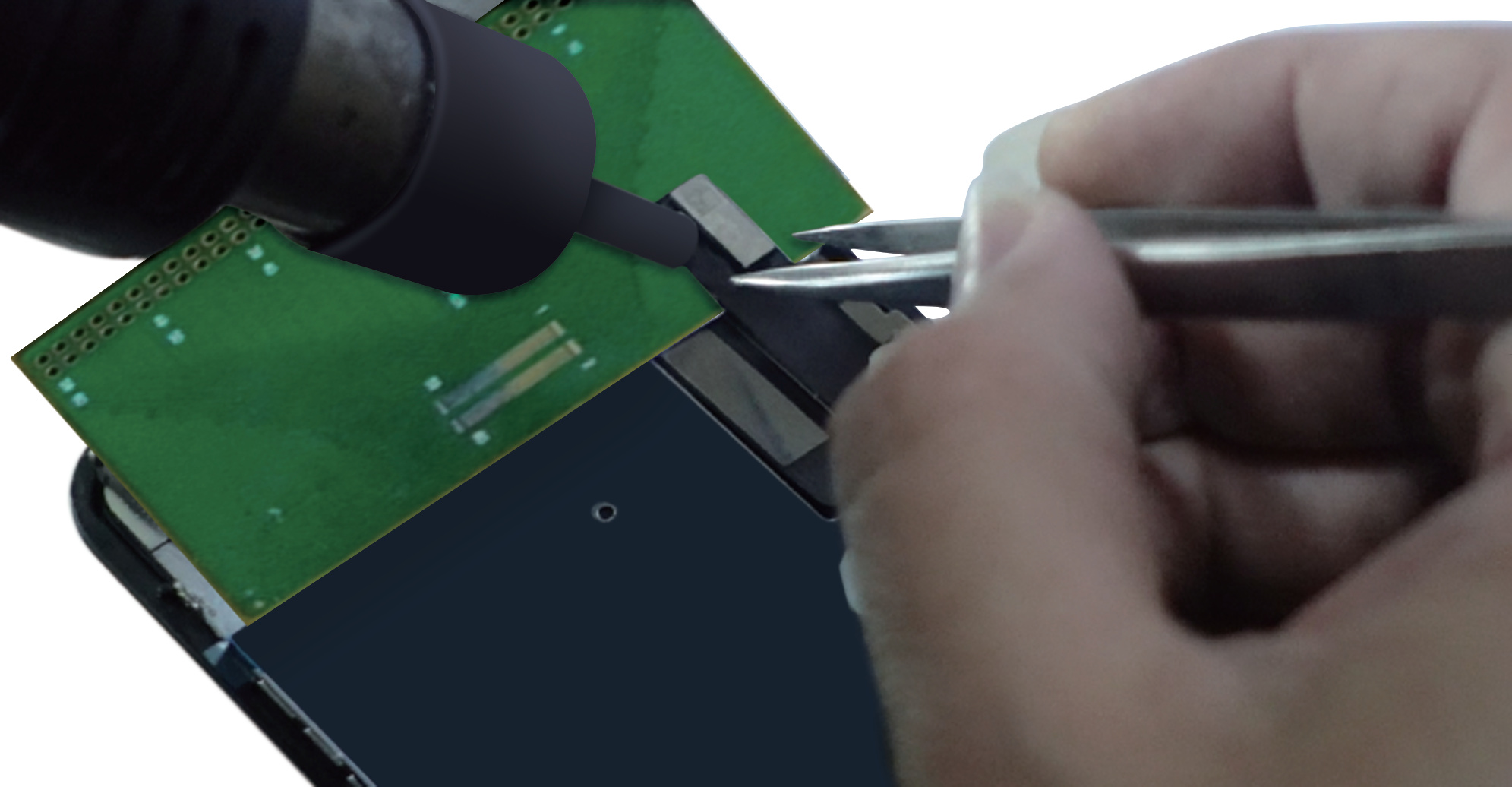
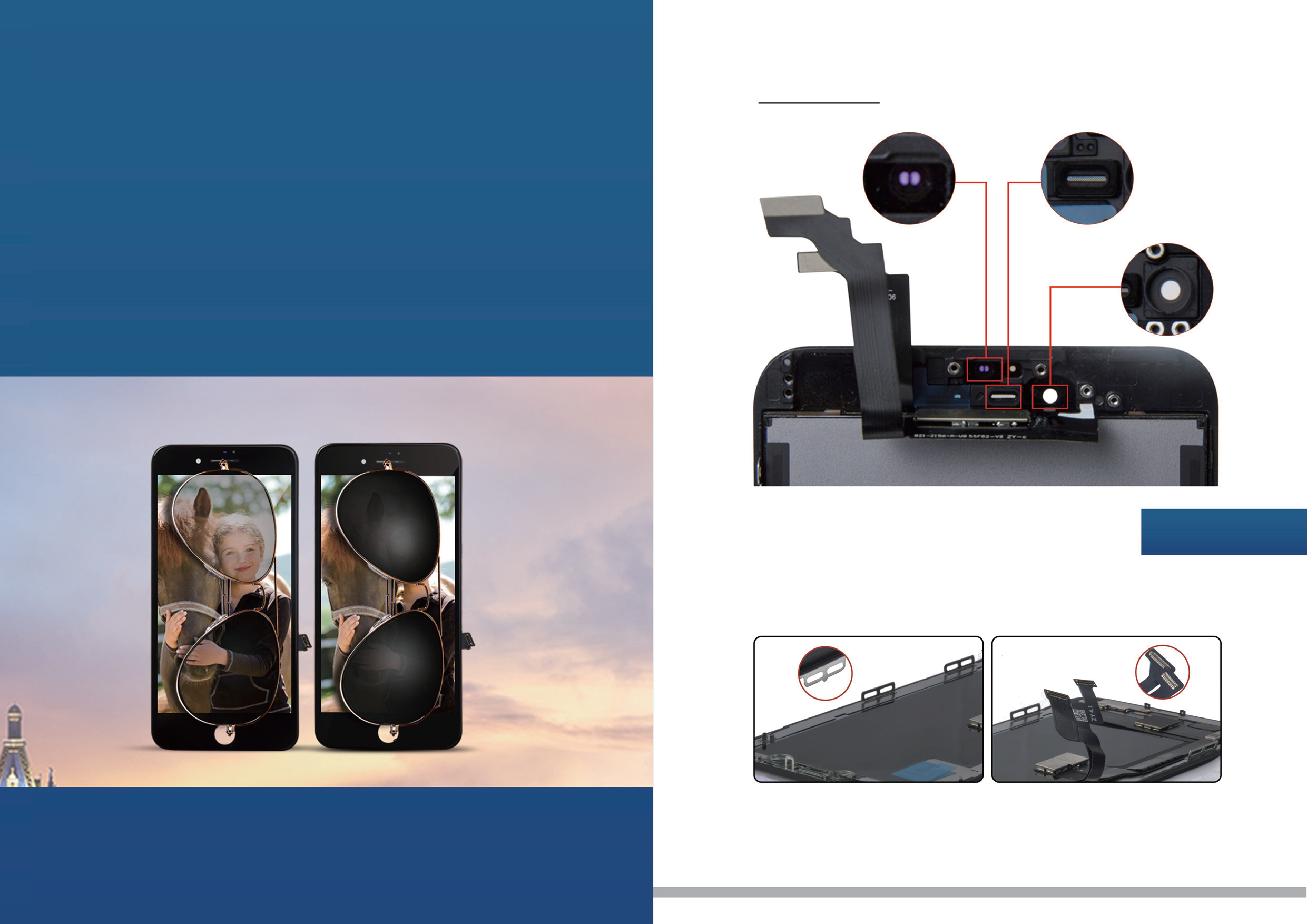
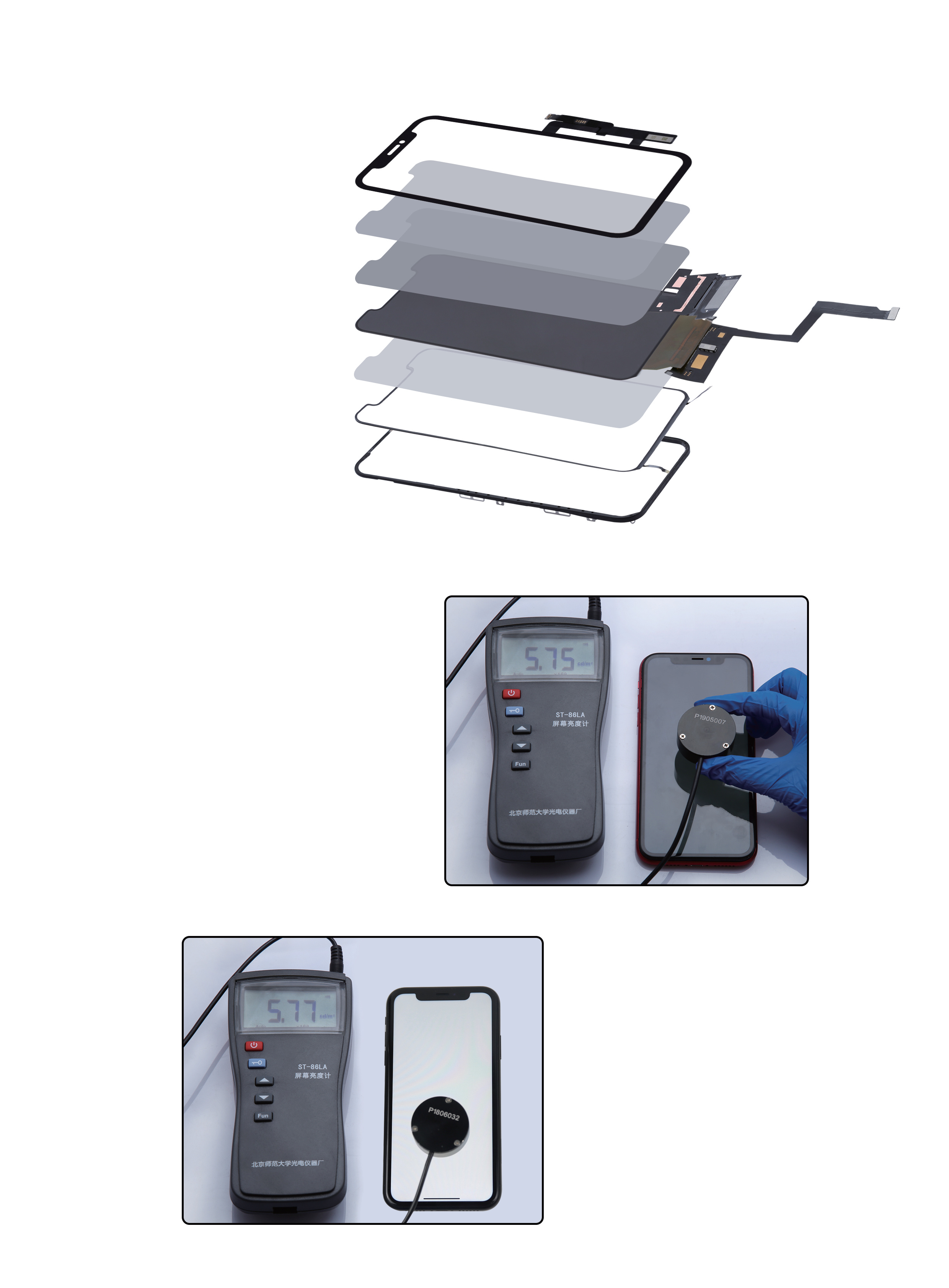
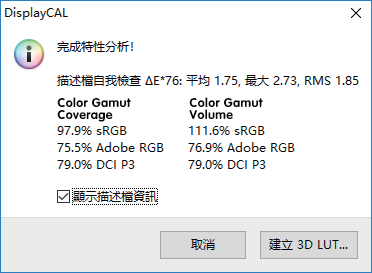
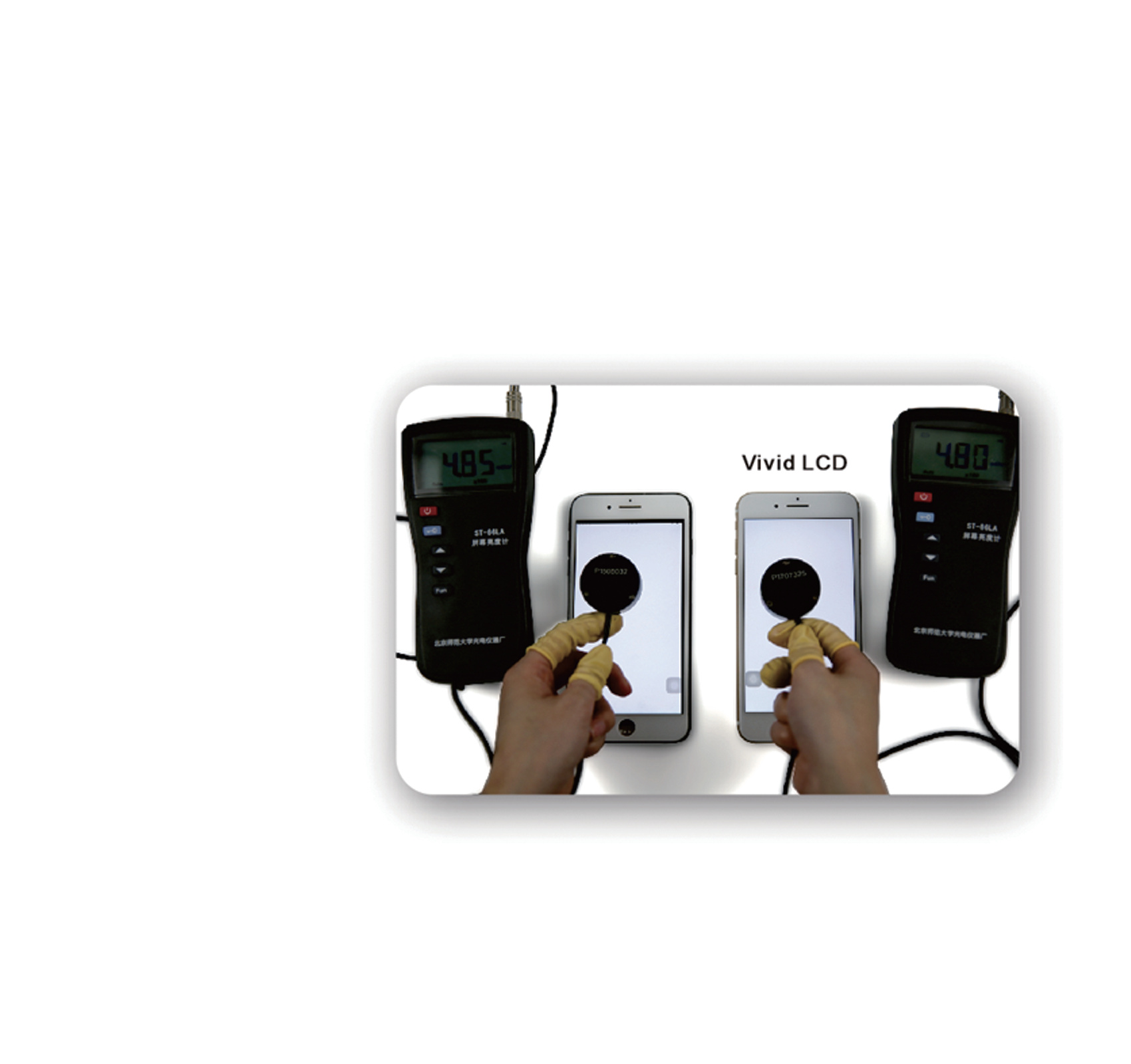
Description
These are some of the primary mobile phone screens and technologies that you can find in modern smartphones.
Another aspect of mobile phone screens is their size and aspect ratio. Manufacturers offer different sizes of screens with varying aspect ratios to cater to the needs of different users. The most common aspect ratios are 16:9, 18:9, and 19:9. The higher the aspect ratio, the taller the screen, which means you can see more content without scrolling. Some mobile phone screens have notches, which is a small area of screen cut into the top part of the display that houses the front-facing camera, speaker and other sensors. This design reduces clutter on the screen and makes phones look more aesthetically pleasing.
Mobile phone screens also have different resolutions. Screen resolution refers to the number of pixels on the screen, which directly translates to the clarity and sharpness of images and text. The higher the resolution, the crisper the display. Today’s high-end smartphones have resolutions that range from Full HD (1080p) to QHD (1440p) to 4K (2160p). However, higher resolution screens are more battery intensive, and lower resolution screens offer longer battery life. Choosing the right resolution depends on your needs and usage pattern.
Moreover, mobile phone screens are also classified according to their refresh rates. The refresh rate is the number of times a screen updates an image in one second. It is measured in Hz (Hertz). A higher refresh rate provides a smoother and more fluid visual experience. Typically, mobile phone screens have a refresh rate of 60 Hz. However, some high-end smartphones come with a 90 Hz,120 Hz or even 144 Hz refresh rate, which offers a superior visual experience while playing games or watching fast-moving videos.


